You know a trend is officially ‘in’ when a multinational brand behemoth tries to appropriate it. Enter Pepsi with Caleb’s Kola.
Struggling with waning sales, as a result of a consumer awakening to the woes of corn syrup and tongue-twisting ingredients (4-methylimidazole, anyone?), the Coke contender looked to the rising craft cola movement for salvation. Whether consumers will warm to the idea of a championship player in a neighbourhood game has yet to be seen, but either way, it’s the small-scale, localised operations that have pioneered the trend and who still embody its core purpose: to offer a fresher, healthier and more sustainable alternative to chemical- and sugar-laden mass market soft drinks.
Dalston Cola is one such pioneer. At just 3 years old, the East London-based company has gained a foothold in the local drinks business, creating unique recipes for soda fountain favourites like lemonade, ginger beer and good old-fashioned cola.
Owner-founder Duncan O’Brien clues us in on the hows and whys of building a craft drinks brand in one of the world’s most competitive cities.
Dalston Cola is made from a 100-year-old recipe. Where and how did you get your hands on it?
Duncan O’Brien: We met this rather strange man in Dalston called Neil Hamilton, who actually went by the name Dalston for a while. He was our first investor and our Caribbean connection. He has a special place in our hearts. That’s all I can say for now.
What sets Dalston Cola drinks apart from the rest on the market?
Large-scale soft drink manufacturers seem to use flavouring compounds that tend to require a high sugar content to get them to taste good. Our processes are a bit different – lots of different infusions of fresh ingredients and fresh juices, not concentrates – so we get more subtle flavours and don’t have to use as much sugar.
We’re a soft drinks company that makes soft drinks; most brands are contract-manufactured, but our perspective is that when you outsource production you lose your edge. […] The large-scale drinks industry is set up to make drinks in a basic style with basic tastes and often very sugary. People are turning away from them, and so there’s a bit of room for what we do; we operate a bit like a brewery, just with very different ingredients, always carefully sourced.
Would you say your location in East London has had an impact on your business?
East London has had a huge impact on our business. We wouldn’t be doing this if it wasn’t for finding kola nuts in Dalston at Ridley Road Market.
Dalston has been described as being like the United Nations. Despite big changes and a worrying property investment market, London is still a melting pot, still a fluid city of opportunity where people are open-minded enough to try new things – and gracious enough to give you a helping hand when starting a project. East London is the hive; there’s so much going on it gets a bit ridiculous.
People whinge about London and the inequality and the myriad problems, but you can live here on a budget, and you can develop a business on a shoestring and bootstrap it – and East London is simply the best place to live and work if you are so inclined.
What have been the highest and lowest points on your Dalston Cola journey?
Highs and lows, there have been many. Highest point was making up our first pallet delivery to Wahaca. Most challenging point is right now growing the operation: scaling up while hanging on to our production principles. It’s a generally simple business, but is getting a tad more complicated, not to mention political with the nature of land use in London.
Right now you’re a successful craft brand, but do you hope to make it big in the wider cola industry?
We’d like to be the UK’s biggest craft soft drinks brand, but we have to go a bit further and tackle the issue of sugar content in drinks head on. It’s been too high for decades, and we don’t want to build a company that contributes to the obesity epidemic straining the already beleaguered NHS [National Health Service]. The wider industry is catching on to what changes are going on in flavour and sugar content, and some are switching on to the craft movement’s visual codes, too, which is a tad disingenuous.
We’ve got a lot more to learn before we can become recognised and accepted in the wider drinks industry, and when I say we have a lot more to learn, I also mean we have a long way to grow – in terms of our production capacity (we’re maxed out at the moment) and our need to expand the range. Right now we’re raising investment to build factory Number 2 with a capacity of 6 million bottles per year – if you’re reading this and want to get involved and invest in an exciting growing company, then get in touch!
How often do you enjoy your own colas?
I drink a few colas a week, nicely chilled from the bottle! Also occasionally with a bit of whisky [smiles slyly]. Our ginger beer mixes really well with vodka and a slice of cucumber.
Finally, do you have any advice for readers who dream of starting a small-scale, locally oriented business?
Keep an open mind, talk to everyone about everything all the time, seek support, read a lot, stay healthy!
Dalston Cola can be found at select retail locations throughout London. To purchase online, visit World of Zing, Craved London and Bonativo.
Visit dalstoncola.co.uk
Article by Jessica Keller

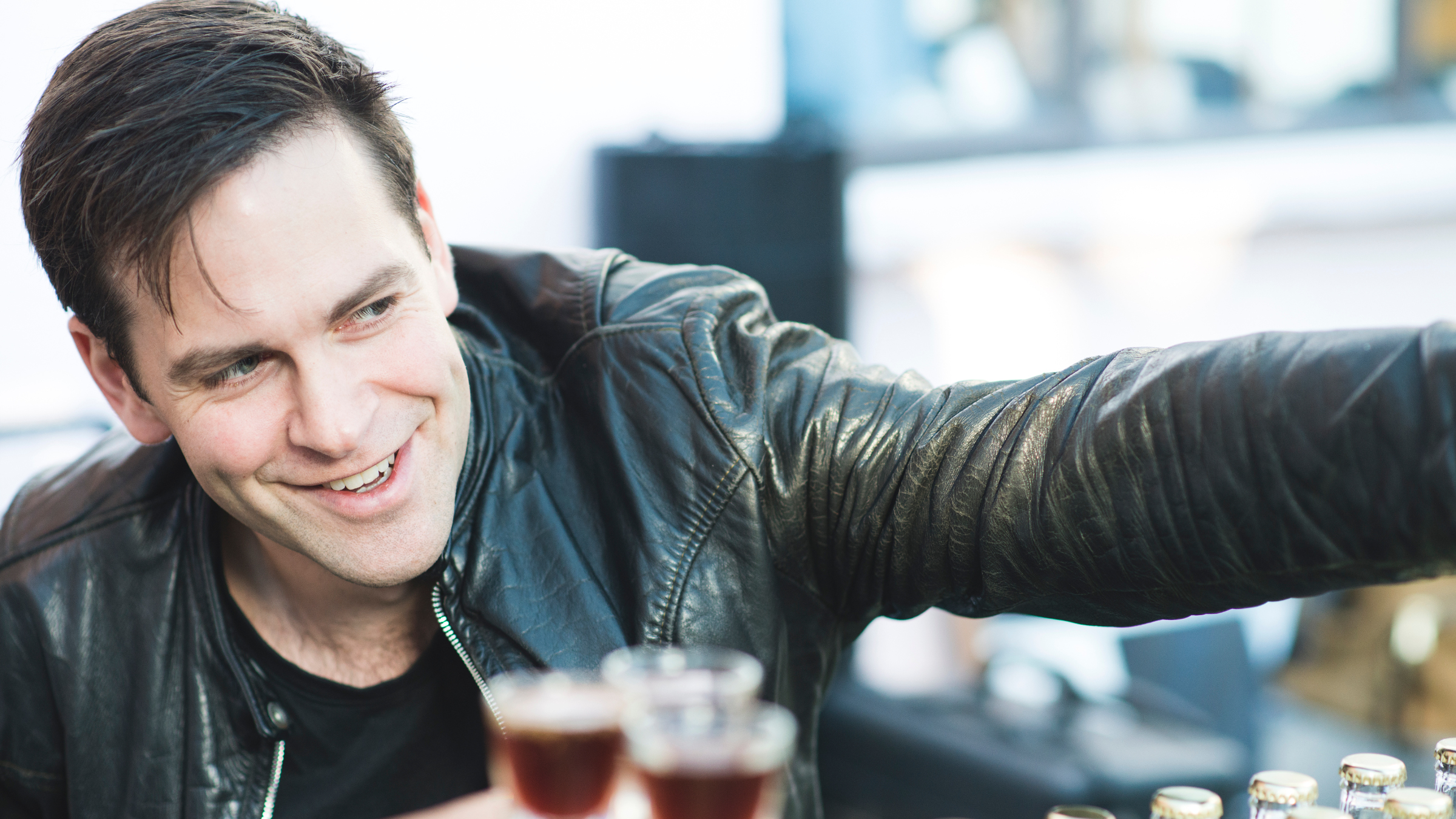
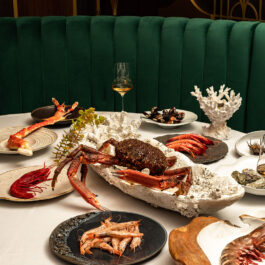
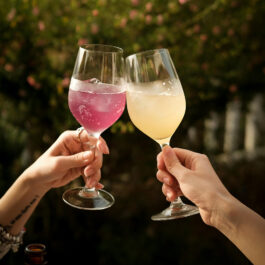
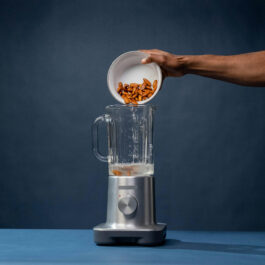
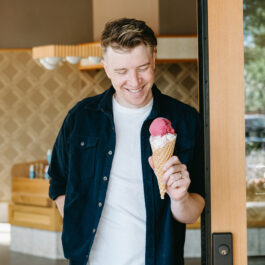
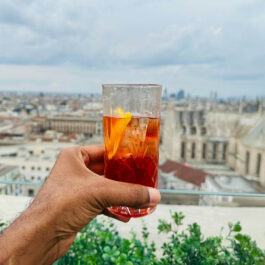
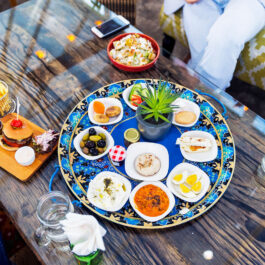
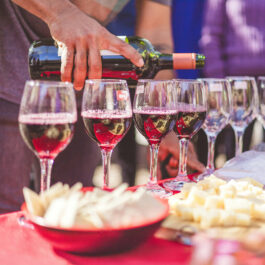
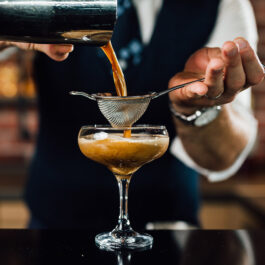
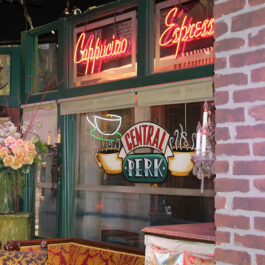
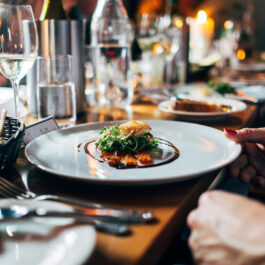
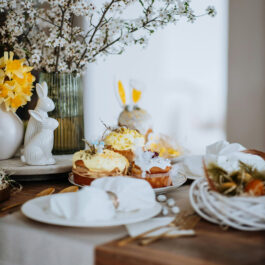
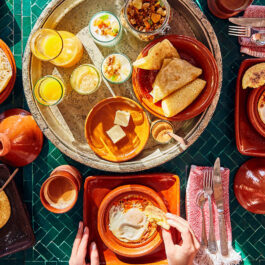
Sorry, the comment form is closed at this time.